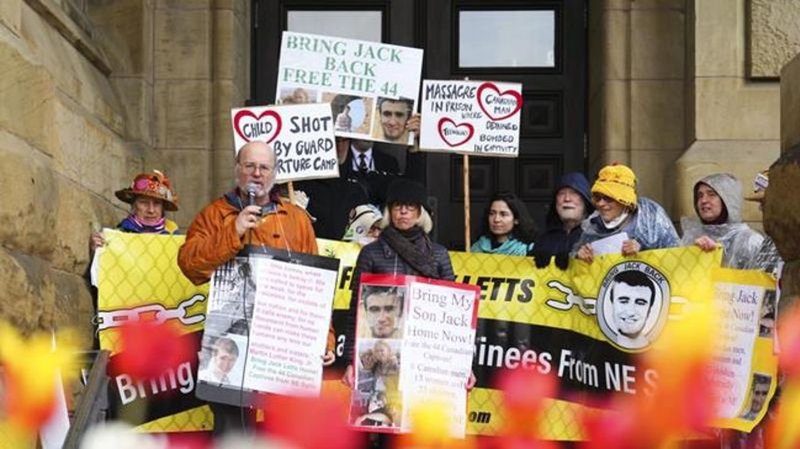
UN human rights officials press Canada on case of overseas detainee Jack Letts
OTTAWA — The federal government has told United Nations officials that international human rights law does not obligate Canada to actively facilitate the return of its citizens detained in northern Syria.
Ottawa says that instead, the duty of respecting international conventions largely falls on the foreign state that is holding people captive.
Canada spells out its view in an Aug. 24 response to UN officials who pressed Ottawa about the case of Jack Letts.
Letts, 26, is one of several Canadian citizens among the many foreign nationals in Syrian camps run by Kurdish forces that reclaimed the war-torn region from the extremist Islamic State of Iraq and the Levant.
